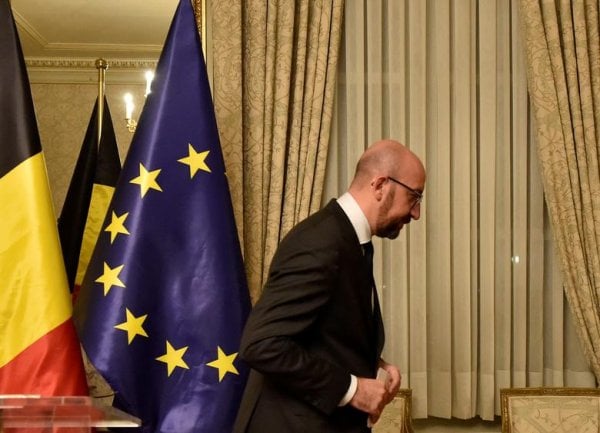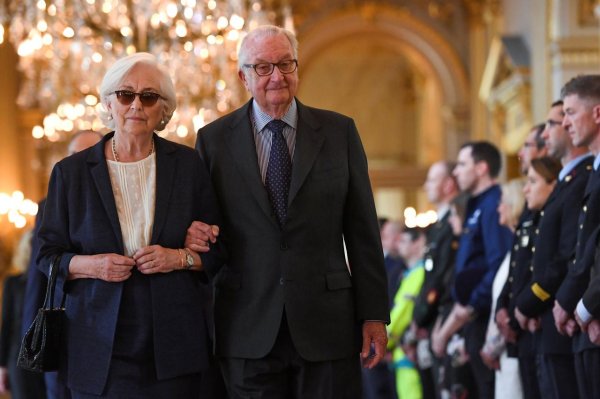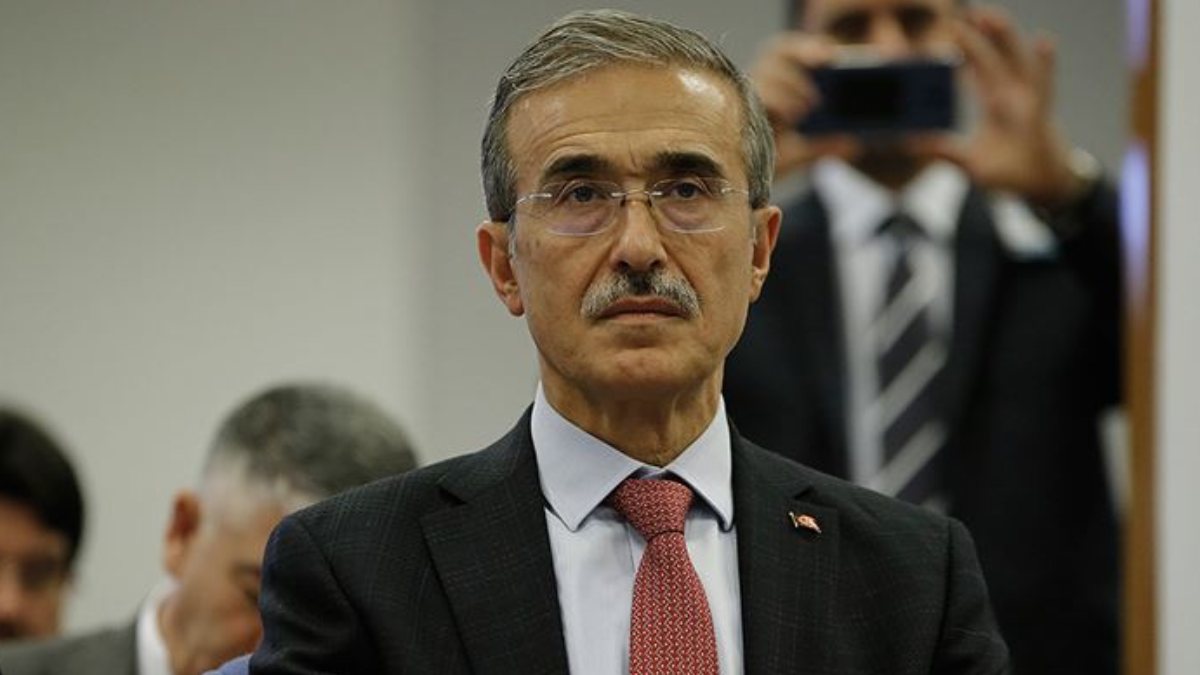Belgium continues to be without a government 100 days after general elections on May 26.
Belgian King Philippe had appointed experienced politicians Didier Reynders and Johan Vande Lanotte to mediate between the parties four days after the elections, however, their efforts have failed to produce any results yet.
ETHNIC DIFFERENCES BLOCK THE COALITION TALKS
A coalition government could not be established on a federal level and efforts to create regional governments in Flemish and Waloon regions have failed as well. To date, only a regional government in Brussels Capital Region is functioning.

Reynders and Lanotte have been reporting to the king regarding coalition talks since the elections and the two politicians managed to bring seven parties on the negotiation table last week.
However, it is being observed that disputes based on ethnic differences between Dutch-speaking Flemish region and French-speaking Waloon region block the coalition talks.

Reynders and Lanotte are expected to consult the king next Monday over steps to overcome the political deadlock.
After the general elections in 2010, the Western European nation had been without a government Belgium was without government for 194 days after the 2007 elections, 148 days after the 1988 elections, 107 days after the 1979 elections and 102 days after the 1992 elections.













